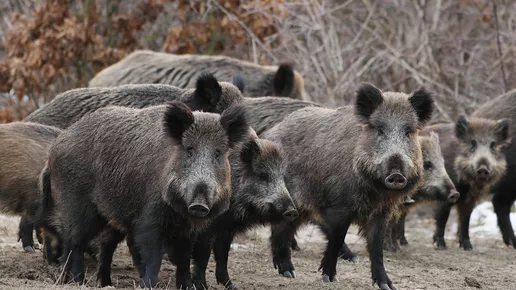African swine fever spreading slowly, says report

African swine fever is spreading slowly in the Baltic countries and Poland, according to the latest epidemiological data analysed by these Member States and EFSA.
The disease is spreading at about 2 km a month in Latvia and Estonia, and 1 km a month in Lithuania and Poland. In addition, the number of infected animals found among hunted wild boar is very low (up to 3%). The outbreaks in wild boar in the Baltic countries and Poland can therefore be defined as a “small-scale epidemic A widespread occurrence of an infectious disease in a community at a particular time”.
The report covers cases reported between 2014 and 2016.
“This report is the outcome of a fruitful cooperation with Member States. We look forward to continuing investigations on this disease, which has serious socio-economic consequences in affected countries,” says Andrea Gervelmeyer, veterinary epidemiologist at EFSA.
The first cases of African swine fever were identified in Lithuania and in eastern Poland at the beginning of 2014. The disease was subsequently reported in Latvia and Estonia. No additional Member States have been affected since.
To update the epidemiological analysis of African swine fever in the EU, EFSA applied a harmonised data model agreed at a workshop in November 2015. This analysis can be used by Member States and the European Commission to fine-tune their control measures.
EFSA’s report highlights the factors that may be associated with the presence of the virus in wild boar. These include number of settlements, human and domestic pig population Community of humans, animals or plants from the same species sizes and wild boar population density.
Next steps
EFSA in cooperation with Member States will publish a second report in autumn 2017 which will provide updated epidemiological analysis and a review of management options for wild boar.
How to contact us
EFSA Media Relations Office
Tel. +39 0521 036 149
E-mail: press [at] efsa.europa.eu (Press[at]efsa[dot]europa[dot]eu)
(Only if you are a member of the press)
Ask a Question Service
You have a question about EFSA’s work? Contact our Ask a Question service!